Farm fencing serves as the backbone of rural property management, combining practical functionality with aesthetic appeal. Whether you're containing livestock, defining property boundaries, or simply enhancing your farm's visual character, the right fence design can transform your agricultural space. From traditional split rail configurations that evoke classic countryside charm to modern high-tensile systems that maximize efficiency, farm fencing options have evolved significantly. Each style offers unique advantages in terms of durability, maintenance requirements, and suitability for different livestock types. Understanding the various materials available—from time-tested cedar and pine to innovative vinyl and composite options—helps ensure your investment meets both current needs and long-term goals. The key lies in selecting designs that balance strength, visibility, weather resistance, and cost-effectiveness while complementing your property's overall character and farming objectives.
1. Split Rail Cedar Fence

Split rail cedar fencing represents the quintessential farm boundary solution, featuring naturally durable cedar rails inserted through mortised posts. This traditional design provides excellent livestock containment while maintaining the rustic aesthetic that defines rural properties. Cedar's natural oils resist insects and decay, ensuring decades of reliable service with minimal maintenance requirements. The horizontal rail configuration creates clear sight lines across your property while establishing defined grazing areas. Installation involves setting sturdy posts at eight-foot intervals, with rails fitting snugly into pre-cut mortises. This fence style works exceptionally well for horses and cattle, offering sufficient height and strength to contain large animals. The weathered appearance that develops over time adds authentic character to any farm setting.
2. Pressure Treated Pine Post and Rail Fence

Pressure treated pine post and rail fencing offers an economical alternative to cedar while delivering comparable durability and visual appeal. The chemical treatment process infuses the wood with preservatives that resist rot, insects, and moisture damage. This fence design features horizontal rails attached to the exterior faces of posts using galvanized hardware, creating a clean, uniform appearance. Pine's lighter color provides excellent visibility, making it ideal for areas where livestock monitoring is essential. The straight-grain structure of pine accepts stains and paints well, allowing customization to match existing farm buildings. Regular inspection and occasional hardware tightening ensure optimal performance. This style particularly suits smaller livestock operations and decorative farm applications where budget considerations are paramount.
3. Round Rail Wood Farm Fence

Round rail wood fencing utilizes naturally curved or milled round rails that create a distinctive rustic appearance while providing excellent livestock containment. The cylindrical shape of the rails distributes pressure more evenly than flat boards, reducing the likelihood of splitting or cracking under animal impact. This design typically features three to four horizontal rails secured to posts through drilled holes or metal brackets. The rounded profile eliminates sharp edges that could injure livestock, making it particularly suitable for horse enclosures. Cedar and treated pine are the most common material choices, each offering specific advantages in terms of durability and cost. Installation requires precise drilling to ensure proper rail alignment and secure attachment. The natural weathering process enhances the fence's rustic character over time.
4. Crossbuck Horse Fence Design

Crossbuck horse fencing incorporates diagonal bracing elements that create an X-pattern between horizontal rails, significantly increasing structural stability and visual appeal. This design originated in horse country where fence strength and safety are paramount concerns. The diagonal braces distribute loads more effectively, preventing sagging and maintaining fence integrity under pressure from large animals. Typically constructed from cedar or pressure-treated lumber, crossbuck fences feature mortised or bolted connections for maximum durability. The distinctive appearance adds architectural interest to farm boundaries while clearly defining paddock and pasture areas. Installation requires careful measurement and cutting to ensure proper brace angles and tight joints. This fence style commands higher material and labor costs but delivers superior longevity and performance in demanding applications.
5. Traditional Paddock Board Fence

Traditional paddock board fencing features horizontal wooden planks attached to posts, creating a solid barrier ideal for horse enclosures and high-visibility areas. This design typically employs three to five boards per section, with one-inch thick lumber providing substantial strength and durability. The board-on-board construction eliminates gaps that could trap hooves or allow smaller animals to escape. Premium installations often feature beveled board edges and routed post tops for enhanced appearance and weather shedding. Oak, cedar, and pressure-treated pine are popular material choices, each offering specific performance characteristics. Regular maintenance includes tightening hardware, replacing damaged boards, and applying protective finishes. This fence style represents a significant investment but provides unmatched livestock safety and property enhancement. The clean lines complement both traditional and contemporary farm architecture.
6. Welded Wire Mesh Fence System

Welded wire mesh fencing consists of galvanized steel wires welded at intersection points, creating a rigid grid pattern ideal for containing various livestock types. The mesh configuration typically features smaller openings at the bottom graduating to larger spaces toward the top, preventing small animals from escaping while maintaining visibility. Heavy-gauge wire construction withstands significant pressure from large livestock without stretching or deforming. Installation involves stretching the mesh between sturdy posts and securing with clips or staples. This fence type requires minimal maintenance beyond occasional inspection and hardware tightening. The galvanized coating provides excellent corrosion resistance in most climates. Wire mesh fencing offers exceptional versatility, accommodating everything from poultry to cattle. The see-through design maintains open sight lines while providing effective animal containment at reasonable cost.
7. Chain Link Farm Perimeter Fence

Chain link fencing adapted for farm use provides durable, low-maintenance perimeter security with excellent longevity and animal containment capabilities. Agricultural-grade chain link features heavier wire gauges and taller heights than residential versions, typically ranging from four to eight feet tall. The interwoven diamond pattern creates a flexible barrier that accommodates ground movement while maintaining structural integrity. Galvanized coating protects against rust and corrosion in harsh outdoor environments. Installation requires corner and gate posts set in concrete, with line posts spaced at appropriate intervals for the fence height. This system excels in high-traffic areas and locations requiring maximum security. The open weave design provides visibility while preventing unauthorized access. Chain link represents an excellent long-term investment for properties requiring reliable perimeter control with minimal ongoing maintenance requirements.
8. PVC Coated Chain Link Fence

PVC coated chain link fencing combines the strength of steel with colored polymer coating that enhances appearance while providing additional corrosion protection. The plastic coating, typically in green or black, helps the fence blend with natural surroundings while maintaining the durability characteristics of chain link construction. The coating process involves applying PVC over galvanized wire, creating a dual-layer protection system against weather and wear. This fence type works particularly well in humid or coastal environments where additional corrosion resistance is valuable. Color options allow coordination with existing farm buildings and landscape elements. Installation follows standard chain link procedures, with special attention to preventing coating damage during handling. The smooth surface reduces injury risk to animals while maintaining the security and containment benefits of traditional chain link. Higher initial costs are offset by extended service life and reduced maintenance.
9. High-Tensile Wire Electric Fence

High-tensile wire electric fencing utilizes strong, thin wires under significant tension combined with electric current to create effective psychological and physical barriers for livestock management. This system requires fewer posts than traditional fencing while providing excellent animal control across large areas. The high-strength wire maintains tension even with temperature fluctuations, reducing maintenance requirements. Electric current delivery through energizers creates a memorable but safe deterrent that trains animals to respect fence boundaries. Installation involves setting braced corner assemblies and inline posts at appropriate spacing for the wire configuration. This fence type excels in rotational grazing systems and temporary enclosures. The low-profile design maintains scenic views while providing effective containment. Regular monitoring ensures proper current flow and wire tension. High-tensile electric fencing offers outstanding value for large acreage applications requiring flexible livestock management solutions.
10. Multi-Wire Electric Fence System

Multi-wire electric fence systems employ multiple parallel wires at varying heights to accommodate different animal types while providing redundant containment. This configuration typically features three to five wires spaced to address the behavioral characteristics of specific livestock. The bottom wire prevents animals from going under while upper wires deter jumping attempts. Alternating hot and ground wires improve shock effectiveness, especially in dry conditions. Installation requires careful attention to wire spacing and insulator placement to prevent short circuits. This system works exceptionally well for containing cattle, horses, and sheep in the same area. The multiple wire design provides backup protection if one wire fails. Regular vegetation management prevents grounding issues that reduce system effectiveness. Multi-wire electric fencing offers flexible, cost-effective livestock management with minimal visual impact on rural landscapes.
11. Barbed Wire Perimeter Fence

Barbed wire fencing consists of twisted steel wires with sharp barbs spaced at regular intervals, creating an effective deterrent for livestock and security applications. This traditional farm fencing remains popular due to its low cost, ease of installation, and proven effectiveness. The barbed design discourages animals from testing fence boundaries while requiring minimal maintenance once properly installed. Installation involves stretching wire between posts and securing with staples or clips, maintaining proper tension for effectiveness. This fence type works well for cattle operations and large pasture areas where cost control is essential. The thin profile creates minimal visual obstruction while clearly defining property boundaries. Regular inspection ensures wire tension and identifies needed repairs before failures occur. Barbed wire fencing represents one of the most economical solutions for extensive livestock operations requiring reliable perimeter control with minimal ongoing investment.
12. Woven Wire Field Fence

Woven wire field fencing features horizontal and vertical wires woven together in a flexible mesh pattern that adapts to terrain variations while providing excellent animal containment. The graduated spacing design incorporates smaller openings at the bottom to contain small animals and larger spaces at the top for visibility and material efficiency. This fence type accommodates ground movement and settling without losing structural integrity. Installation involves stretching the mesh between corner assemblies and securing to line posts with clips or staples. The flexible design works well on rolling terrain where rigid fencing would be problematic. Various height and spacing options accommodate different livestock types and containment requirements. Galvanized coating provides corrosion resistance for extended service life. Woven wire field fencing offers excellent versatility for mixed livestock operations requiring adaptable, durable boundary solutions with minimal maintenance needs.
13. Cattle Panel Fence System

Cattle panel fencing utilizes pre-fabricated welded wire panels designed specifically for livestock containment, featuring graduated wire spacing and heavy-gauge construction. These rigid panels typically measure sixteen feet long and fifty-two inches tall, with smaller openings at the bottom and larger spaces toward the top. The welded construction provides superior strength compared to woven alternatives while maintaining excellent visibility. Installation involves securing panels between sturdy posts using clips or brackets, creating removable sections for flexible pasture management. This fence type excels in high-pressure applications where animal impact is a concern. The standardized panel size simplifies installation and material estimation. Galvanized coating ensures longevity in outdoor environments. Cattle panels work well for temporary enclosures and permanent installations alike. The combination of strength, visibility, and ease of installation makes this system popular for both commercial and hobby farm operations.
14. Steel Pipe Rail Fence

Steel pipe rail fencing employs hollow steel tubes as horizontal rails supported by pipe or I-beam posts, creating an extremely durable livestock containment system. This heavy-duty design withstands significant impact from large animals while maintaining a clean, professional appearance. The pipe construction provides superior strength-to-weight ratio compared to solid steel while offering excellent longevity. Installation requires welding or mechanical connections between rails and posts, typically performed by professional contractors. This fence type works exceptionally well in high-traffic areas such as corrals, loading facilities, and breeding areas. The smooth pipe surface reduces injury risk while the open design maintains visibility. Various pipe diameters accommodate different load requirements and aesthetic preferences. Galvanized or powder-coated finishes protect against corrosion while enhancing appearance. Steel pipe fencing represents a premium investment that delivers decades of reliable service in demanding agricultural applications.
15. Vinyl Rail Farm Fence

Vinyl rail fencing provides the traditional appearance of wood fencing while offering superior durability and minimal maintenance requirements. The hollow PVC construction resists rot, insects, and weather damage while maintaining consistent appearance over time. This fence type features rails that snap or slide into routed posts, creating clean lines and secure connections. The material never requires painting or staining, reducing long-term maintenance costs despite higher initial investment. Various colors and profiles accommodate different aesthetic preferences and farm themes. Installation typically involves setting posts in concrete and assembling rail sections according to manufacturer specifications. Vinyl fencing works well for horse enclosures and decorative farm applications where appearance is important. The material flexibility accommodates minor ground movement without cracking. Temperature expansion considerations require proper spacing and installation techniques. Vinyl rail fencing offers excellent value for property owners seeking attractive, low-maintenance livestock containment solutions.
16. Welded Metal Panel Fence

Welded metal panel fencing consists of steel bars or wires welded into rigid rectangular panels, providing maximum strength and security for livestock containment. These panels typically measure four to six feet tall with consistent opening sizes throughout the panel height. The welded construction eliminates weak points found in woven alternatives while creating a barrier suitable for all livestock types. Installation involves securing panels between posts using brackets or clips, allowing easy removal for maintenance or reconfiguration. This fence type excels in high-security applications and areas with aggressive animals. The rigid design maintains its shape under pressure while providing excellent visibility. Various panel configurations accommodate different animal sizes and containment requirements. Powder coating or galvanizing protects against corrosion while enhancing appearance. Welded metal panels represent a significant investment but deliver superior performance and longevity in demanding farm applications requiring maximum strength and reliability.
17. Post and Wire Mesh Combination

Post and wire mesh combination fencing merges the strength of wooden posts with the versatility of welded wire mesh, creating effective livestock containment at reasonable cost. This system typically employs pressure-treated posts with welded wire mesh stretched between them and secured with staples or clips. The wire mesh provides complete animal containment while wooden posts offer natural appearance and easy installation. Various mesh configurations accommodate different livestock types and containment requirements. Installation involves setting posts at appropriate spacing and carefully stretching mesh to maintain proper tension. This fence type works well for mixed livestock operations requiring versatile containment solutions. The combination approach allows customization of materials to balance cost and performance. Regular inspection ensures secure attachment and identifies potential weak points. Post and wire mesh fencing offers excellent value for farm operations seeking reliable containment with flexible design options.
18. Split Rail with Wire Mesh

Split rail with wire mesh fencing combines traditional split rail appearance with modern mesh containment, creating an ideal solution for properties requiring both aesthetic appeal and animal security. This hybrid design features classic split rail construction with welded wire mesh attached to the interior face, preventing smaller animals from escaping while maintaining the rustic farm appearance. The wire mesh typically extends from ground level to the top rail, creating complete containment. Installation involves constructing the split rail framework first, then carefully attaching mesh with appropriate fasteners. This fence type works exceptionally well for horse properties and areas where appearance is important. The mesh component can be removed or replaced without affecting the rail structure. Various mesh configurations accommodate different animal types and property requirements. The combination provides superior functionality while preserving traditional farm aesthetics.
19. Modern Hog Wire Fence Design

Modern hog wire fencing adapts traditional welded wire panels for contemporary farm applications, featuring clean lines and professional appearance suitable for both agricultural and residential settings. This design typically employs rectangular welded wire panels with consistent opening sizes throughout, creating a uniform appearance while providing excellent animal containment. The panels are often framed with wood or metal for enhanced stability and visual appeal. Installation involves constructing frames first, then securing wire panels within the framework using appropriate fasteners. This fence type works well for smaller livestock operations and properties where appearance is a priority. The rigid panel construction maintains its shape under pressure while allowing excellent visibility. Various panel sizes and configurations accommodate different applications and aesthetic preferences. Modern hog wire fencing bridges the gap between traditional farm fencing and contemporary design while maintaining practical functionality.
20. Decorative Metal Farm Fence

Decorative metal farm fencing incorporates ornamental elements into functional livestock containment systems, creating attractive boundaries that enhance property value while serving practical purposes. This fence type typically features powder-coated steel construction with decorative pickets, scrollwork, or custom designs that reflect farm themes or personal preferences. The metal construction provides excellent durability and security while requiring minimal maintenance. Installation often requires professional contractors due to welding and fabrication requirements. This fence style works well for entrance areas, property boundaries, and high-visibility locations where appearance is important. Various height and design options accommodate different applications and budgets. The decorative elements can incorporate farm motifs, family names, or custom artwork. Regular inspection and touch-up painting maintain appearance and prevent corrosion. Decorative metal fencing represents a premium investment that combines functionality with enhanced aesthetic appeal for discerning property owners.
21. Galvanized Steel Wire Fence

Galvanized steel wire fencing utilizes zinc-coated steel wires in various configurations to provide durable, cost-effective livestock containment suitable for extensive agricultural applications. The galvanizing process applies a protective zinc coating that prevents rust and corrosion, extending service life significantly. This fence type can employ smooth wire, barbed wire, or high-tensile configurations depending on specific requirements. Installation involves stretching wires between properly braced corner assemblies and securing to line posts with appropriate hardware. The system requires minimal materials while providing effective animal containment across large areas. Various wire gauges and spacing options accommodate different livestock types and containment needs. The low-profile design maintains scenic views while clearly defining boundaries. Regular inspection ensures proper tension and identifies needed repairs. Galvanized steel wire fencing offers outstanding value for extensive livestock operations requiring reliable, economical boundary solutions with proven longevity.
22. Composite Rail Fence System

Composite rail fencing combines recycled wood fibers with polymer materials to create maintenance-free rails that resist rot, insects, and weather damage while maintaining natural wood appearance. This innovative material never requires painting or staining while providing consistent performance in all weather conditions. The composite construction offers superior dimensional stability compared to traditional wood, reducing warping and splitting. Installation follows conventional rail fence procedures using standard hardware and techniques. This fence type works well for horse enclosures and decorative farm applications where low maintenance is desired. The material is available in various colors and textures that complement different architectural styles. Higher initial costs are offset by eliminated maintenance requirements and extended service life. Composite materials resist UV damage and temperature extremes while maintaining structural integrity. This fencing represents an excellent investment for property owners seeking attractive, durable livestock containment with minimal ongoing maintenance requirements.
23. Livestock Panel Fence System

Livestock panel fencing employs heavy-duty welded wire panels specifically designed for containing various farm animals, featuring robust construction and flexible installation options. These panels typically measure four to five feet tall with graduated wire spacing that accommodates different animal sizes while maintaining visibility. The welded construction provides superior strength compared to woven alternatives while offering easy installation and reconfiguration capabilities. Installation involves securing panels between posts using clips, brackets, or ties, allowing quick setup and modification as needs change. This fence type excels in temporary enclosures, sorting areas, and flexible pasture management systems. The standardized panel sizes simplify material estimation and replacement. Various configurations accommodate different livestock types and operational requirements. Galvanized coating provides corrosion resistance for extended outdoor service. Livestock panels offer excellent versatility for farm operations requiring adaptable containment solutions with professional appearance and reliable performance.
24. Board on Board Farm Fence

Board on board farm fencing features overlapping vertical boards that create solid barriers ideal for privacy, wind protection, and complete animal containment. This design alternates board placement on opposite sides of the rail framework, eliminating gaps while maintaining structural strength. The overlapping configuration provides superior weather resistance and visual privacy compared to conventional board fencing. Installation requires careful measurement and positioning to ensure proper overlap and uniform appearance. This fence type works well for horse facilities, equipment storage areas, and property boundaries requiring complete visual screening. Various wood species and board widths accommodate different budgets and aesthetic preferences. The solid construction provides excellent wind resistance and noise reduction. Regular maintenance includes inspecting hardware and applying protective finishes to extend service life. Board on board fencing represents a premium investment that delivers superior privacy and containment while enhancing property value and appearance.
Conclusion:
Selecting the ideal farm fence requires careful consideration of livestock needs, property characteristics, budget constraints, and long-term maintenance preferences. Each fencing style offers distinct advantages, from the rustic charm of split rail cedar to the modern efficiency of high-tensile electric systems. Traditional wood options provide timeless appeal but require ongoing maintenance, while synthetic materials offer durability with minimal upkeep. Wire mesh and panel systems excel in versatility and animal containment, making them suitable for diverse livestock operations. The key to successful farm fencing lies in matching the fence type to your specific requirements while considering factors such as terrain, climate, and aesthetic preferences. Proper installation and regular maintenance ensure optimal performance regardless of the chosen system, protecting your investment while serving your agricultural goals effectively.


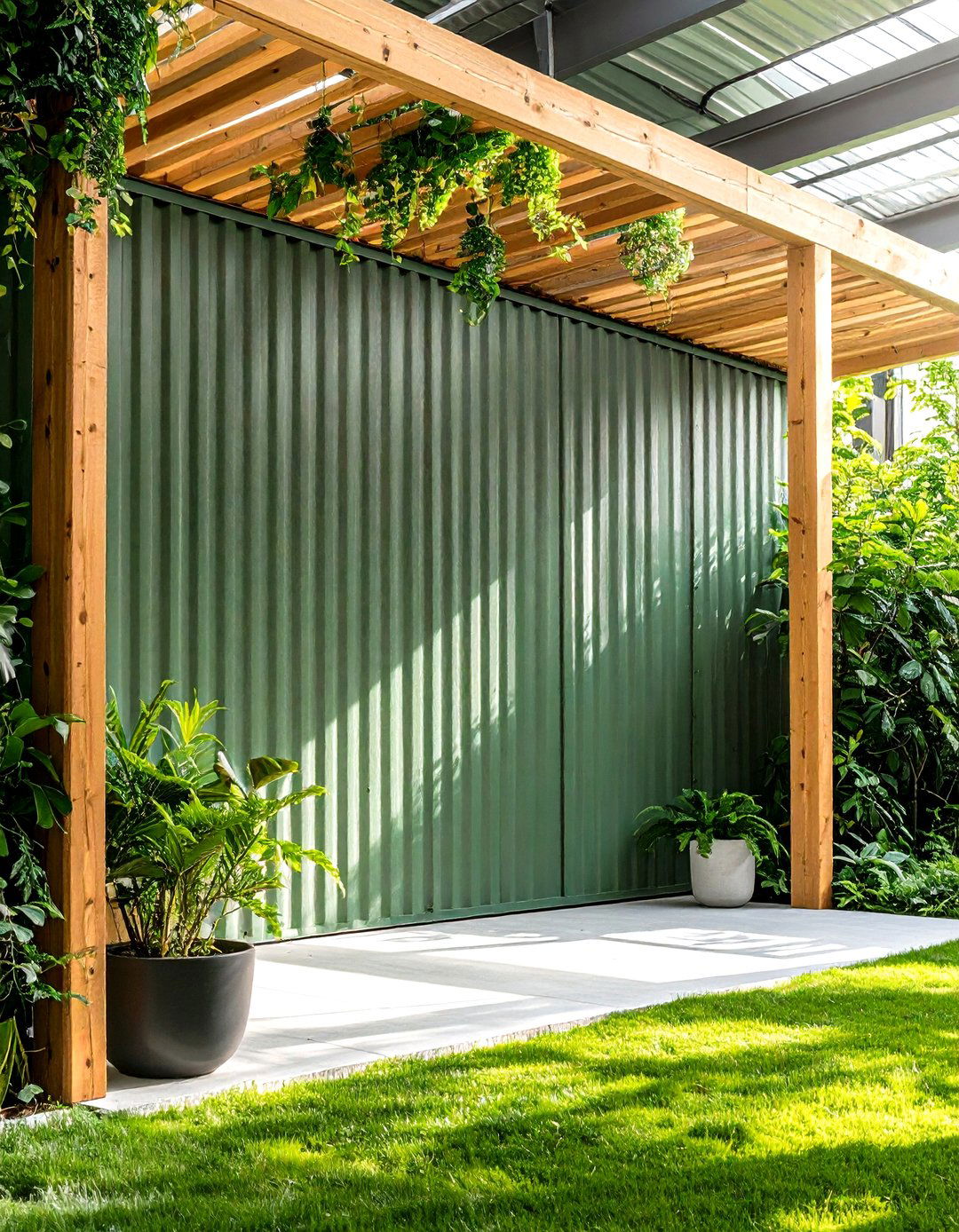




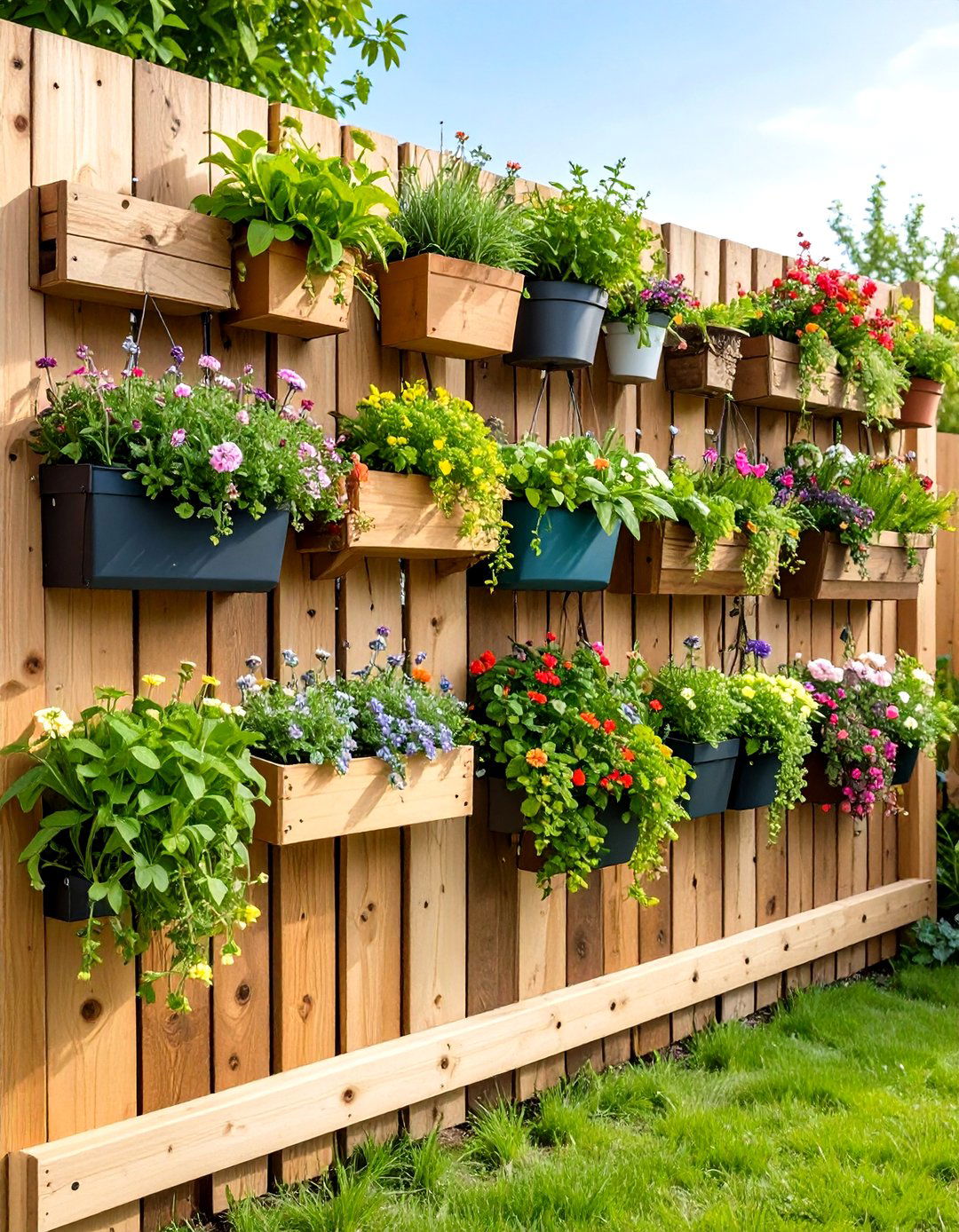
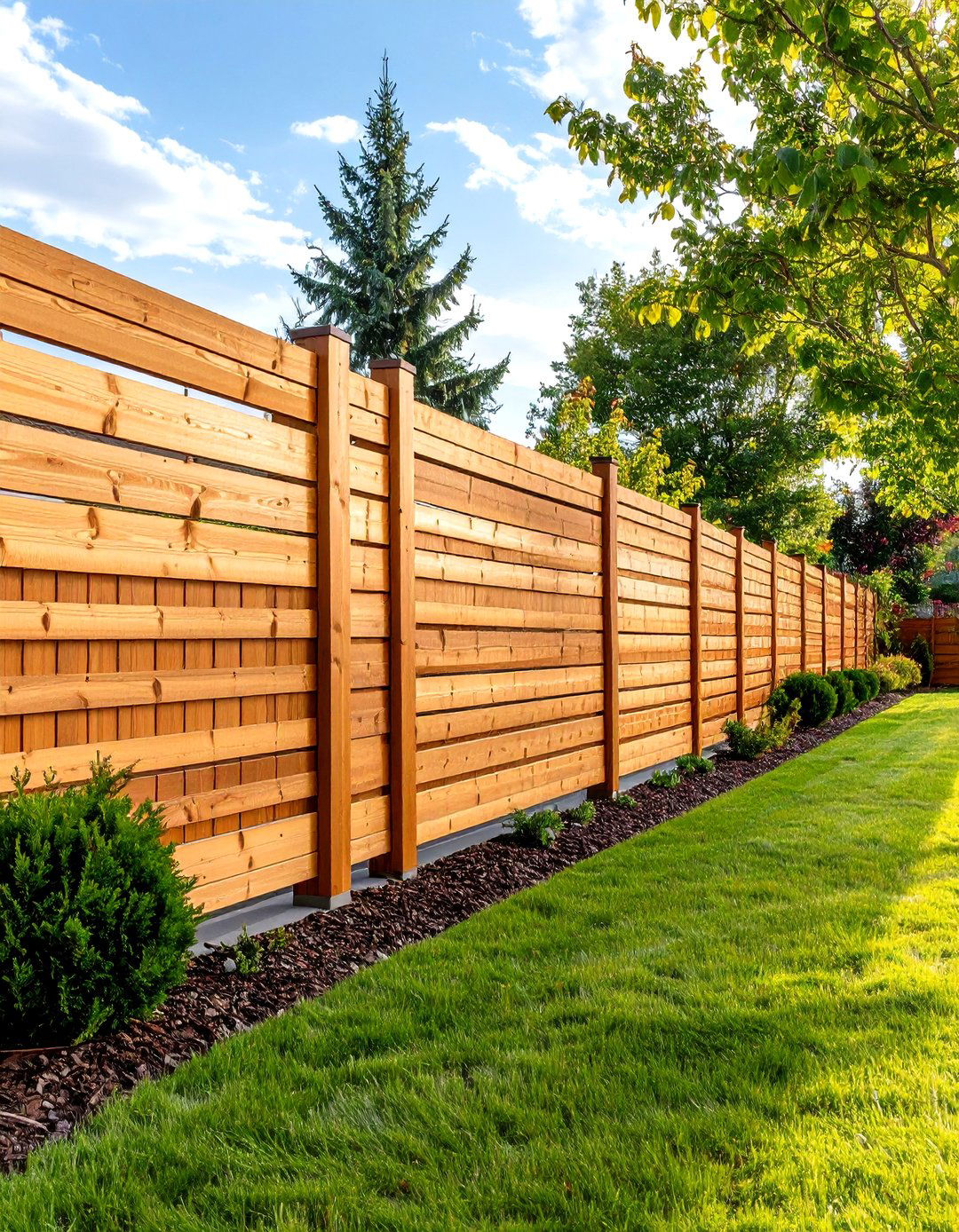


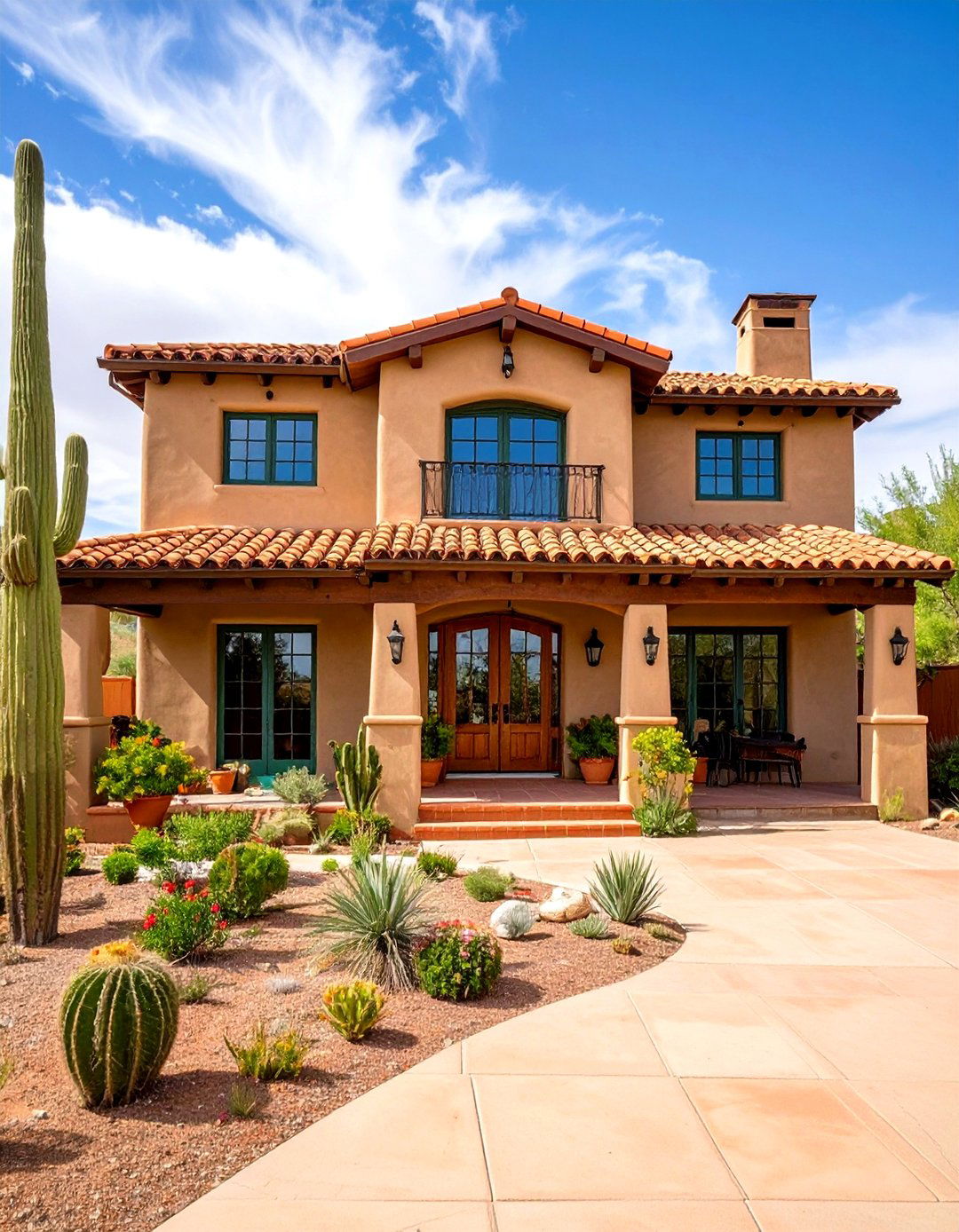





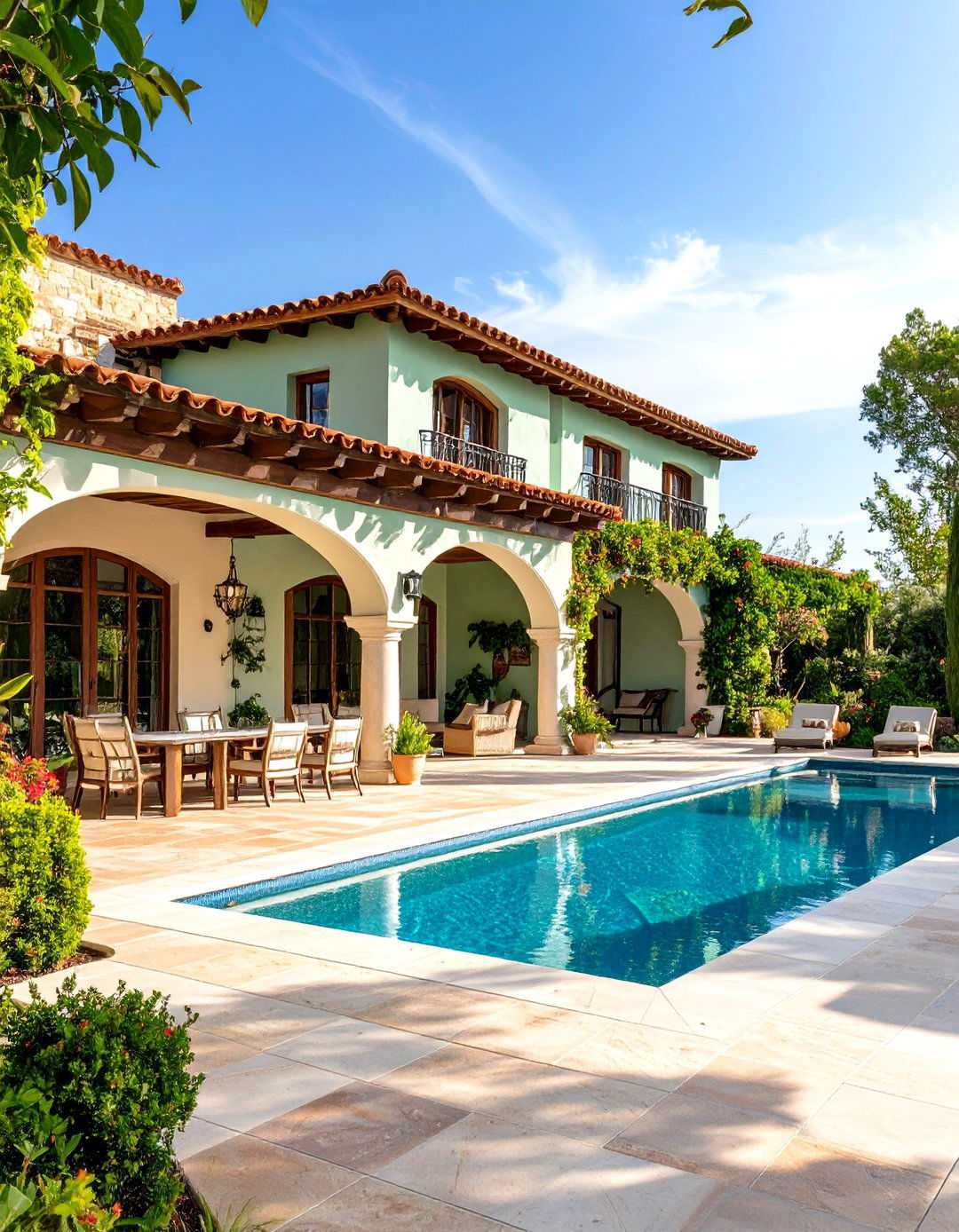

Leave a Reply